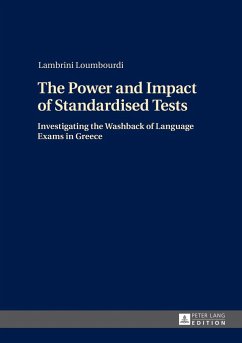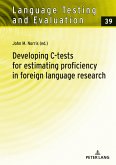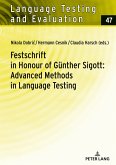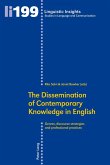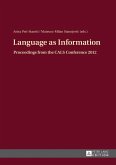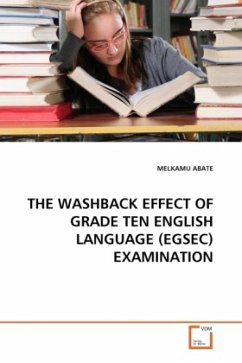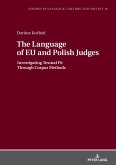Standardised tests and language certification exams have been a popular topic in the field of assessment for many years now. The washback effect of such tests, that is how and to which degree language tests influence teaching and learning, has been the focus of several research projects in various contexts with different results, but at the same time of significant importance. Investigating the impact and consequences of tests is a great step towards creating better and fairer tests. This book focuses on a research study of the washback effect of the FCE test (First Certificate in English), developed and administered by Cambridge English Language Assessment (formerly ESOL). The context of the study is Greece, where unique socioeconomic elements and characteristics have rendered language certification increasingly important and have significantly contributed to the quality and quantity of the washback effect produced.
Bitte wählen Sie Ihr Anliegen aus.
Rechnungen
Retourenschein anfordern
Bestellstatus
Storno

